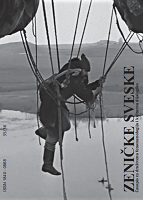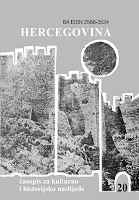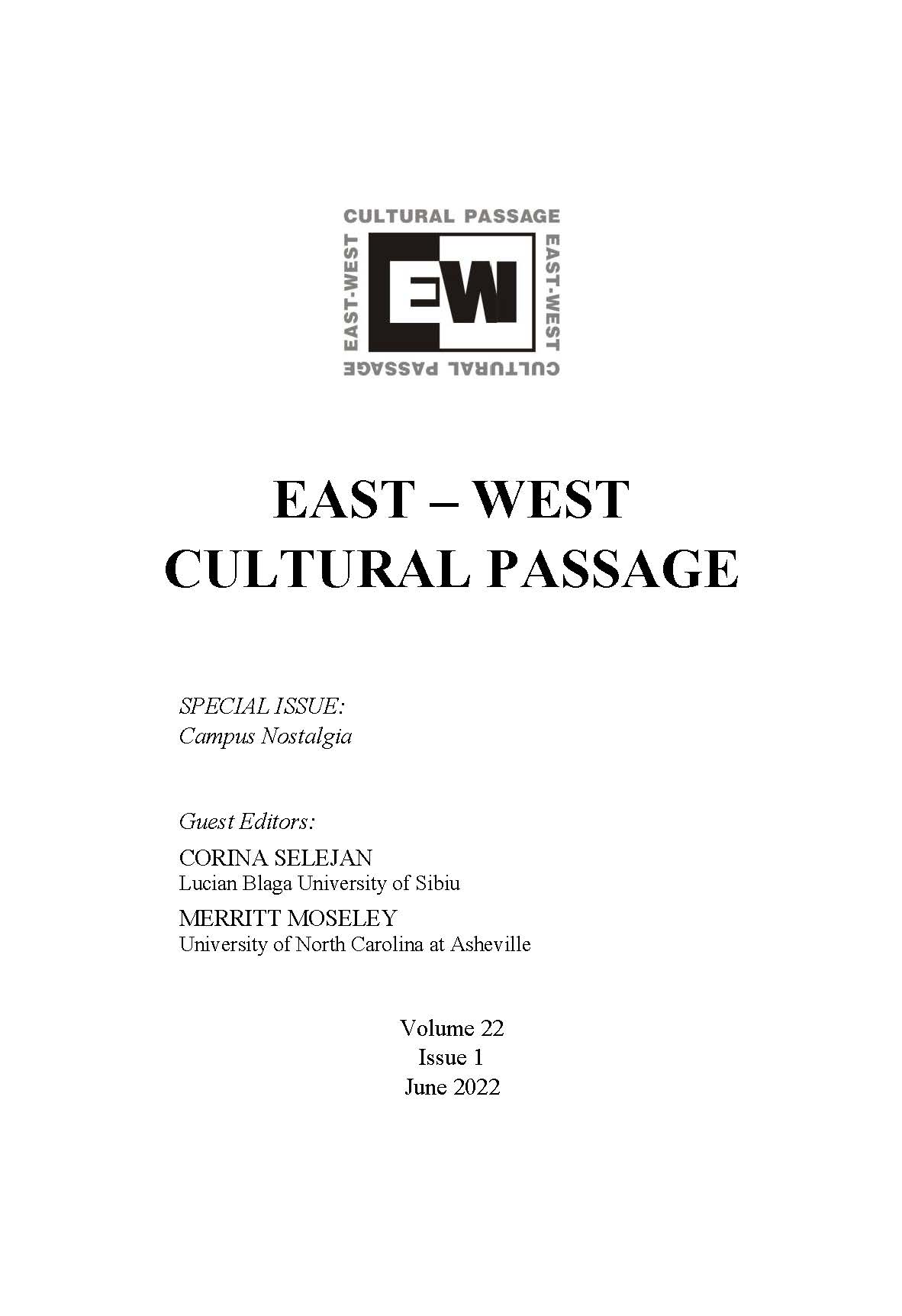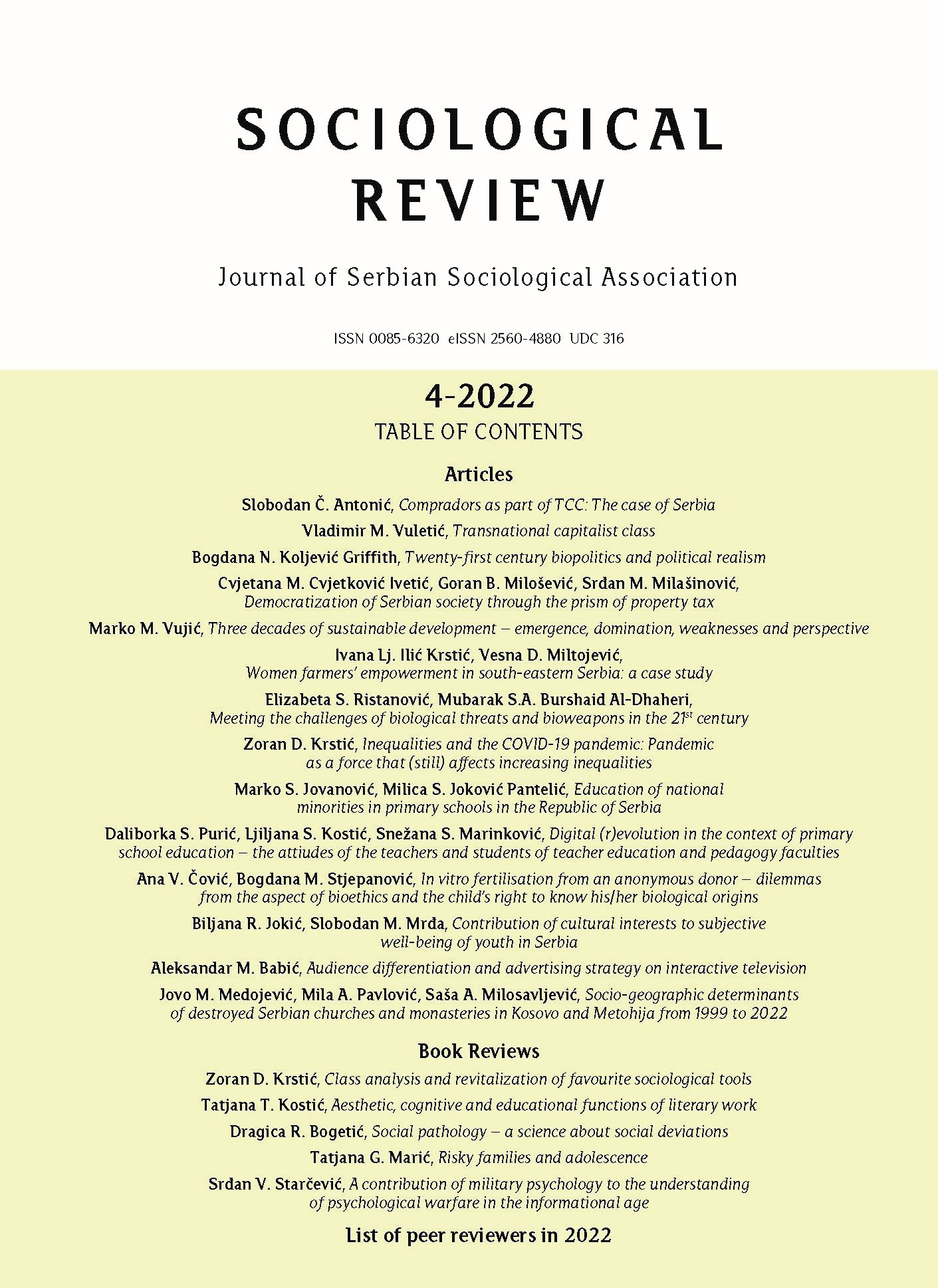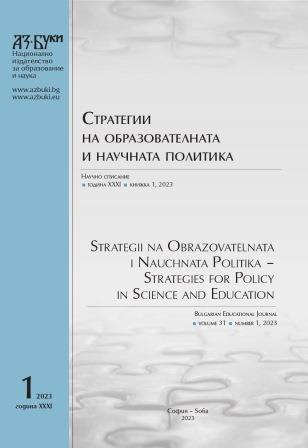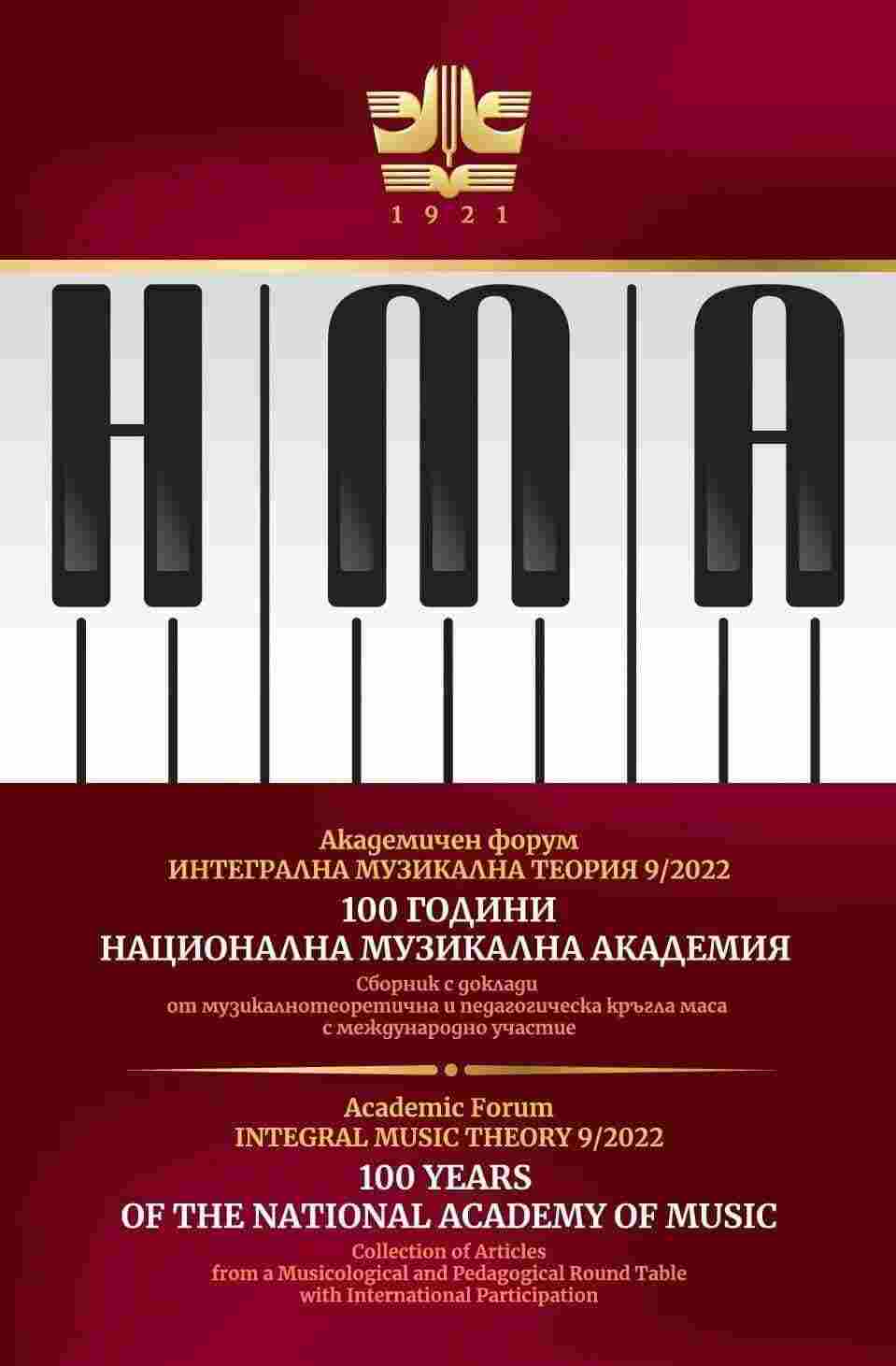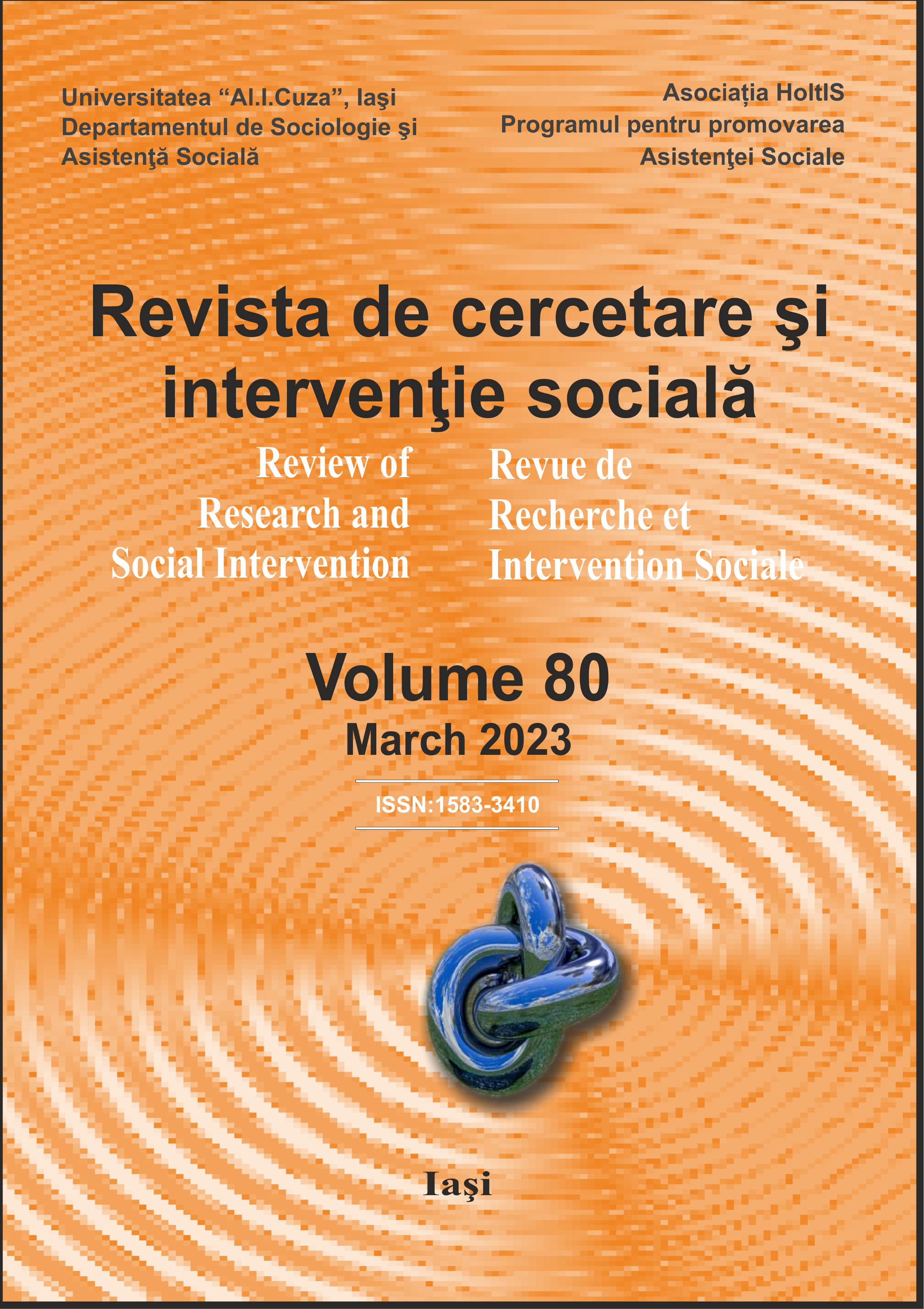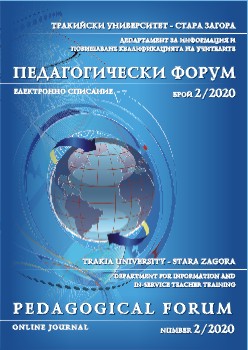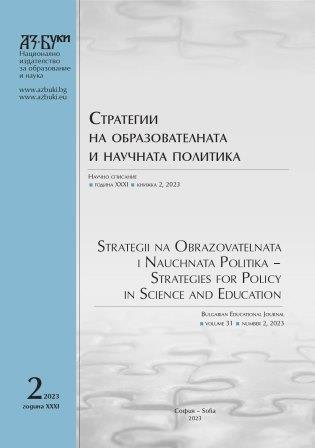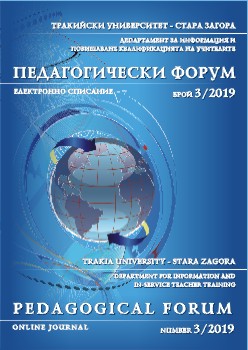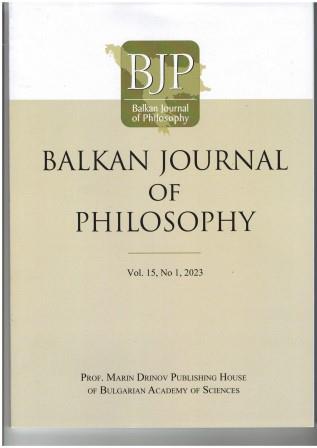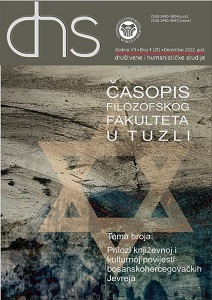
PREDODŽBE O JEVREJIMA U BOSANSKOHERCEGOVAČKOJ FRANJEVAČKOJ KNJIŽEVNOJ TRADICIJI: OD ANTIJUDAIZMA DO ANTISEMITIZMA?
The literary opus of the Bosnian Franciscans is interesting in many ways from the imagological point of view: both concerning self-perceptions and hetero-perceptions, which were constructed based on the importance of religion as an element of community identity. Analyzing the imagotype potential of religious and ethnic divisions, the paper reconstructs the controversies between Christianity and Judaism, as well as linguistic elements, folk customs, and contemporary reality. At the source of the Bosnian Franciscan literature, at the beginning of the 17th century, we find Divković, who, as is often the case in pre-modern culture, relates the religious Other to the ethnic Other. This tradition is continued by the 19th century’s Franciscan chroniclers (Lastrić, Benić, and Bogdanović), while Martić, Jukić, and Knežević, who stepped into the era of the rebirth of Croatian Illyrianism, we can trace various normative implications of the relationship between political, ethnic, racial and religious identity. Since the Bosnian Franciscans of that time, we remember the ecclesiastical and intellectual elite among the Catholic population in Bosnia, the imagotypical statements about Jews in their works reflect both the Christian heritage through history and the Eurocentric view of the Others. Therefore, reconstructing the Bosnian Franciscans’ perceptions and ideas about the Other and the Different is, at the same time, reconstructing the genesis of the narrative about the Other, i.e., social and religious stereotypes and prejudices, as well as the continuity of talking about oneself by talking about the Different.
More...
